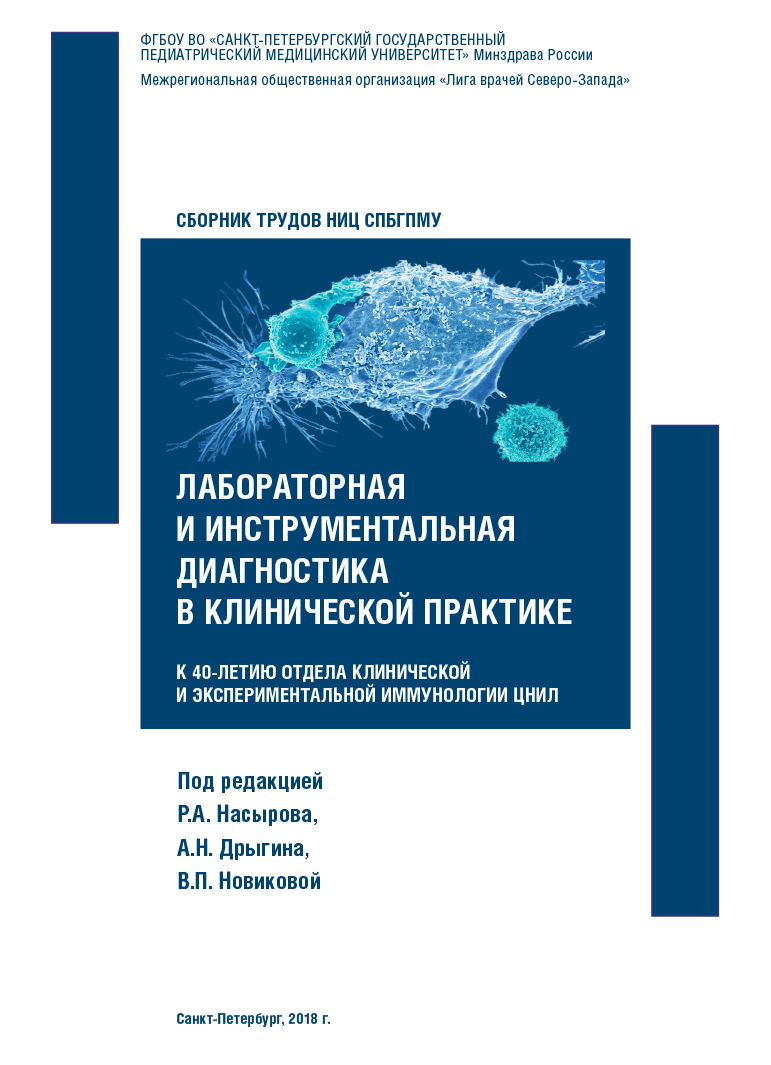BIOCHEMICAL METHODS OF ASSESSMENT OF BONE METABOLISM. MARKERS AND THEIR CLINICAL VALUE
Abstract
The article gives an overview of the literature on the use of biochemical markers of bone metabolism in clinical practice. Biochemical markers of bone turnover reflect bone homeostasis, i.e., the activity of osteoblasts and osteoclasts in both physiological and pathophysiological conditions. Although quite sensitive to a multitude of exogenous and endogenous pre-analytical factors, bone markers are best used in monitoring anti-osteoporosis therapy efficacy and compliance. Combination of BMD measurement by DEXA with biochemical markers of bone turnover levels, at least one bone resorption and one bone formation marker, may potentially improve early detection of individuals at increased risk for bone loss and eventually non-traumatic bone fracture. Furthermore, they have widespread clinical utility in osteoporosis, renal osteodystrophy, endocrinology, gastroenterology, nephrology, certain oncological conditions and rheumatic diseases.



